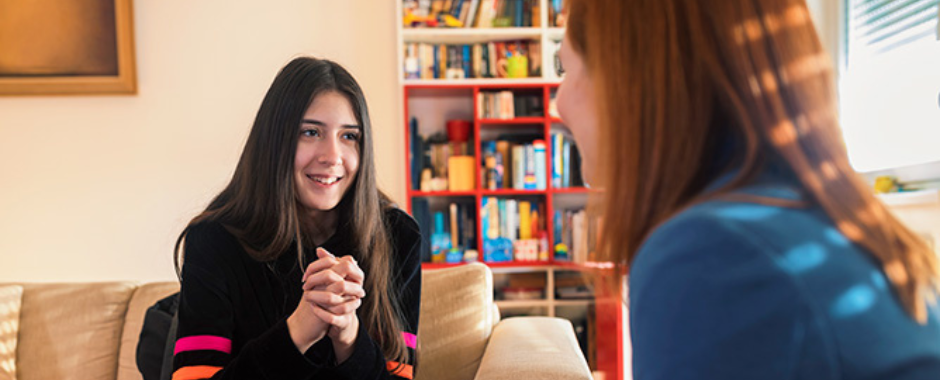Is your child’s energetic behavior just a phase, or could it be something more? As parents, we often find ourselves wondering whether our child’s challenges with focus, activity level, or impulsive actions might point to ADHD. The line between typical childhood behavior and potential attention disorders isn’t always clear – after all, what child doesn’t get distracted or have trouble sitting still sometimes? Schools often provide our first clues, as teachers observe how children handle structure, follow directions, and interact with peers throughout the day. But understanding what these behaviors really mean requires professional insight. A mental health professional can help you identify the root of your child’s behavior and provide the tools they need to thrive, even under difficult circumstances. If you suspect that your child may be struggling with ADHD, these common misunderstandings and facts can help you determine when to seek professional support.
ADHD Misconception: Teachers can diagnose children with ADHD.
ADHD Fact: Teachers are incredible sources of information about a child’s socio-emotional and behavioral functioning. However, only qualified health care professionals (i.e. psychologists, psychiatrists and other physicians, and licensed mental health professionals) can accurately diagnose ADHD. It is possible that teachers may be correct when identifying ADHD in students, but it is important to consult a qualified professional who is specially trained in assessing and diagnosing ADHD. This is because there are other physical and emotional disorders—including hypoglycemia and anemia—that can share similar symptoms with ADHD.
ADHD Misconception: Children with ADHD can’t focus on their favorite activities.
ADHD Fact: ADHD symptoms are very often inconsistent. Attention can be strong at certain times, weak at others. This may be exacerbated by changing routines or transitions in a child’s life. Talk to your child’s teachers and other care providers about times of the day, activities, or situations that both highlight your child’s strengths and challenge her limits.
ADHD Misconception: My child is hyper, which must mean they have ADHD.
ADHD Fact: While it is definitely possible that they may be showing initial symptoms of inattention, impulsivity, and/or hyperactivity, it is best to consider the frequency, intensity, duration, and cultural expectations for behavior for their particular developmental stage. Symptoms of ADHD in early childhood should be observed, assessed, and diagnosed by a qualified professional. Young children with ADHD often struggle to follow directions and are quite prone to injuries, due to their hyperactivity and impulsivity. Therefore, there is much benefit to early diagnosis and incredible evidence-based success with early intervention.
ADHD Misconception: Identifying a child’s ADHD gives them a bad “label”.
ADHD Fact: Though many parents share the fear of pathologizing their child with a mental health diagnostic label, a diagnosis is simply a description of a particular cluster of shared symptoms. Some benefits of grouping these symptoms into a diagnosis include the well-researched interventions that have been shown to reduce negative symptoms and increase positive strengths. Furthermore, people diagnosed with ADHD have often also been described as incredibly creative, exuberant, and energetic. They are often unique and exciting people who can get a lot done, such as very successful artists, actors, and business professionals.
ADHD Misconception: If a child is diagnosed with ADHD, they will have to be put on medication.
ADHD Fact: Pharmacotherapy is just one of several strategies that can be selected as part of your child’s treatment plan. Medication can be a very helpful tool for many kids and families, especially when combined with behavioral modification and therapy. But, it is not a panacea. It is best to share all of your concerns and questions with your healthcare providers to create an individualized plan best suited to your child and your family. Our clinical child and adolescent psychology and psychiatry experts can perform an initial assessment to help provide answers about your child’s behavior. For more detailed information about ADHD diagnoses, treatment options, and advocacy strategies, schedule a schedule a consultation with our care team.




